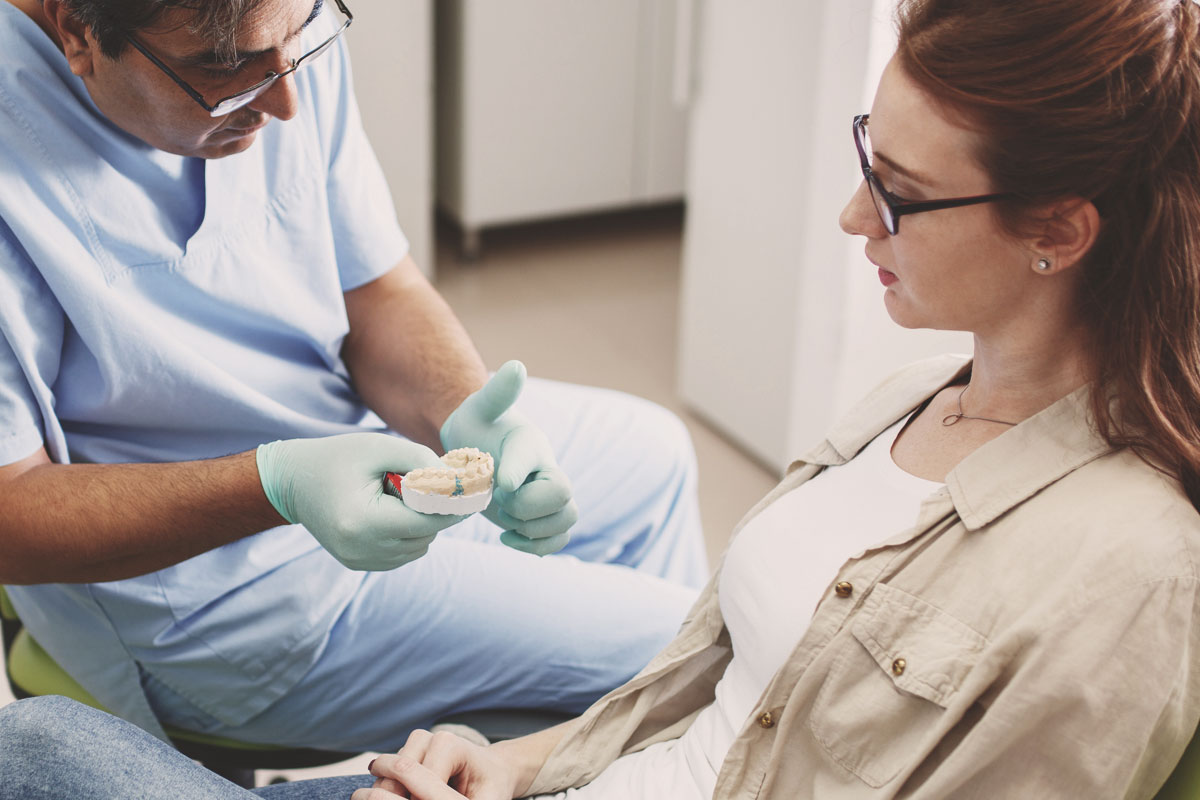What Can I expect During Dental Extraction?
About dental extraction
There are different types of dental extractions, some of which are far more complicated than others. If the tooth is still visible and easily accessible, the extraction process is fairly simple. These can be done under a local anesthetic, with or without sedation. Surgical extractions are more complicated, as they involve teeth that are not visible or easily accessible, either because they have not fully erupted or are broken off. More complicated extractions require bone removal and/or lifting back part or all of the gum tissue in order to expose the tooth.
When preparing for a dental extraction, the dentist will discuss with you not only your dental history, but your overall medical history as well. He or she may also take x-rays. In order to prevent any possible complications, inform your dental professional about any medications you are on, including over the counter products and herbal supplements. You might be prescribed antibiotics in order to get rid of any oral infections you might have. It’s important that you are upfront with everything, even if it doesn’t seem important to you.
During the dental extraction procedure
While surgical cutting tools are used, the use of electrosurgery and lasers are increasing in dental procedures. Laser surgery and electrosurgery offer better precision than traditional scalpels. On the other hand, some dentists still prefer scalpels since they allow for direct extraction. Speak to your dentist about what tools he/she will be using during your procedure.
In some cases, greater surgical effort may be required, particularly if the tooth if the tooth is firmly anchored in its socket.
Sometimes an instrument called a luxator is used, which is designed to fit between the gum and tooth in order to loosen the tooth. An “elevator” instrument may be used for leverage when loosening the tooth from surrounding bone.
The area of your mouth where the tooth will be removed will be numbed. If more than one tooth is to be pulled, a strong anesthetic may be used so that you will sleep through the procedure. After the tooth is removed, stitches may be required.
Some stitches need removal, and some disintegrate on their own. If yours require removal, the procedure will probably be done about a week after the surgery. In some cases, the removed tooth can be replaced with a bridge, denture, implant, etc… The bridge may be removable or permanent.
Dental extraction recovery period
In a typical case, the recovery period only lasts for a few days. Take the painkillers as prescribed. Try to stay as relaxed and calm as possible after the surgery, as physical activity can cause irritation and bleeding. Stick with a diet of soft foods for a couple of days after the surgery. Avoid rubbing your gums with your tongue. Don’t smoke or suck on straws, as the sucking motion makes recovery more difficult. Follow any other instructions your oral surgeon provides.

Dentures VS Implants – Which Are Best for Me?
Looking closely at dentures There are different types of dental extractions, some of which are

What Can I expect During Dental Extraction?
About dental extraction There are different types of dental extractions, some of which are far

